10 Reasons to Choose Therapy
1. You want someone to listen to you and give you unconditional support.
If there is one rule for every therapist it is to offer what Carl Rogers referred to as unconditional positive regard. A therapist should be fully in support of the client and their needs above all else. The client should feel that the therapist has his/her best interest in mind regardless of the topic. It is in this place that real trust is built and gives the space for the therapist to push the client towards change. Ideally, the therapist will be able to challenge and confront the client without the client feeling judged or criticized.
2. You want someone to help give you guidance and direction without being invested in theoutcome.
Most people have at least one confidant whom they go to when they are seeking guidance. The difference between a confidant and a therapist is investment. A therapist is only interested in the client progressing towards a healthier more actualized self. Whereas a confidant has his/her own needs and expectations of the client that may cloud his/her judgment when offering advice.
3. You don’t feel like there is anyone who really knows you.
Often times it is difficult to feel heard or seen by those closest to us. Most people we confide in are too close to the situation to remain objective and/or lack the skillset to provide active listening and clear feedback. Therapists should be adept listeners whose main job is to listen and respond to the client in a very active and direct way.
4. You’re going through a crisis situation and aren’t sure what to do.
We all go through trauma at different times in our life. It could be the death of a loved one, losing a job, being diagnosed with a severe illness, or divorce. There is an infinite list of events that could cause someone to reach out for help in their time of crisis. Therapists not only have training in how to deal with these issues, they also offer a clearer view of the situation free from the emotional trauma that can cloud judgment.
5. You’re having childhood issues come up and don’t know what to do about them.
A common misconception is that having childhood events arise in your adult life is a reflection of how “good” or “bad” your childhood was. Even if you had a stable childhood you still have things that happened to you that were difficult to process at such an early age. Navigating your past can be a daunting task and having someone with you makes this emotional and overwhelming process more manageable.
6. You’re feeling stuck and aren’t sure how to get out of it.
Life is full of crossroads. Often times it isn’t our struggle to decide which direction to go, it’s being aware that we have choices. There is no more common or difficult position we find ourselves in than the elusive “stuck.” Having an unbiased outside perspective can be an invaluable resource when your perspective is clouded and it appears there are no options.
7. You keep noticing the same patterns occurring in your life and want to feel more “in control” of your behavior.
There is nothing more comforting than predictability. Most people find the unknown to be the most fearful place. This is why we continue to make the same decisions even when we know the outcome will be unpleasant. Therapy can provide a safe environment to explore not only why we choose what we choose, but offer the support to choose differently.
8. You feel as though you have a mental health issue that requirestreatment.
Mental illness is one of the major reasons people fear therapy. Being labeled as mentally ill carries a certain stigma because of the lack of education surrounding mental health. However, with treatment, mental illness can be manageable and vastly improve one’s quality of life.
9. You feel generally unfilled and want to know if there is something more to life than what you’re experiencing.
Sadness and depression are not the biggest enemies of purpose or fulfillment; lethargy is. It is incredibly difficult to take the step into therapy, especially when you are unmotivated to change. This is when therapy can be most helpful. If you feel like there is more to life than what you are experiencing, you are right. Life is an amazing space of infinite possibility; don’t settle for mediocre.
10. You want a safe place to be yourself free from judgment and expectation.
Being our most authentic self is the most consistently difficult challenges we will ever face. It is especially difficult in the beginning. Being with someone who holds a safe space for you to be yourself is an incredible first step to being your authentic self.
